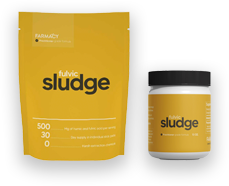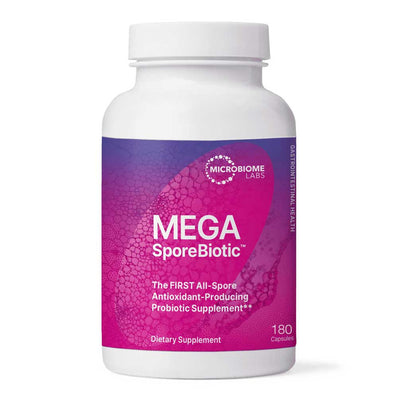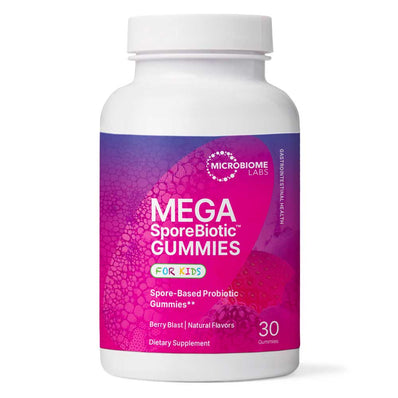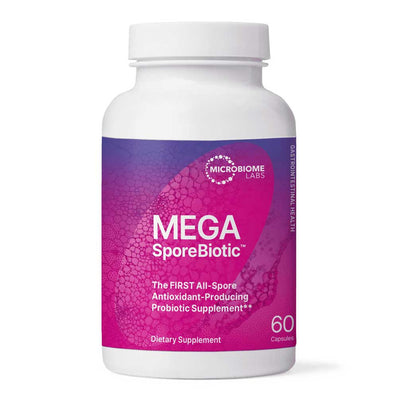Hist Reset
14 ratingsModulates mast cell and immune mediator activation... Read More
Description
Benefits & Features
- Multi-faceted support for nasal and respiratory health
- Promotes healthy mast cell stabilization
- Supports healthy histamine metabolism
- 100 mg luteolin per serving
- Includes flavonoids quercetin, luteolin, and rutin for antioxidant and immune support
Indications
- Ages 18 and up
- Individuals that experience symptoms of histamine intolerance, such as general fatigue or discomfort, occasional GI upset, skin sensitivity or flushing
- Individuals with a polymorphism in the AOC1 gene
Suggested Use
As a dietary supplement, take 2 capsules daily, between meals, or as directed by a health professional.Science & Research
Histamine is a substance found in many foods such as meat, spinach, avocadoes, nuts, tomatoes, and chocolate, or released as part of the local immune response by immune cells, primarily mast cells, upon exposure to an immune trigger. Some individuals have difficulty breaking down histamine. This formula is designed to modulate mast cell and immune mediator activation, support healthy histamine metabolism, and promote respiratory and tissue health.
Quercetin, luteolin, and rutin are flavonoids known to exhibit antioxidant and immune modulating activity. In vitro studies involving mast cells suggest that these compounds help to stabilize mast cells and modulate the release of immune mediators, including histamine, leukotrienes and prostaglandins. The mechanism of action is believed to be in part due to modulating extracellular signal-regulated kinases, including PKC. Animal studies suggest that these flavonoids can moderate IgE antibody's mediated response in skin.
Bromelain (from pineapple) acts as a protease, promoting healthy levels of kinins to support tissue comfort. Research suggests that bromelain also supports healthy T cell function and cytokine production.
Riboflavin, niacinamide, and molybdenum are included as cofactors for aldehyde dehydrogenase, a key enzyme in the breakdown of histamine. Preliminary research suggests that supplementation with vitamin C modulates bronchial responsiveness to histamine in sensitive subjects. Optimal vitamin C serum levels have been associated with lower blood histamine levels.
NAC promotes immune and lung defense through mucolytic and antioxidant actions. It acts as a free radial scavenger by supporting glutathione production. Due to its sulfur content, NAC is able to disrupt disulfide bonds within mucus, thinning and easing itsexpulsion, along with the trapped particles, from the lungs.











